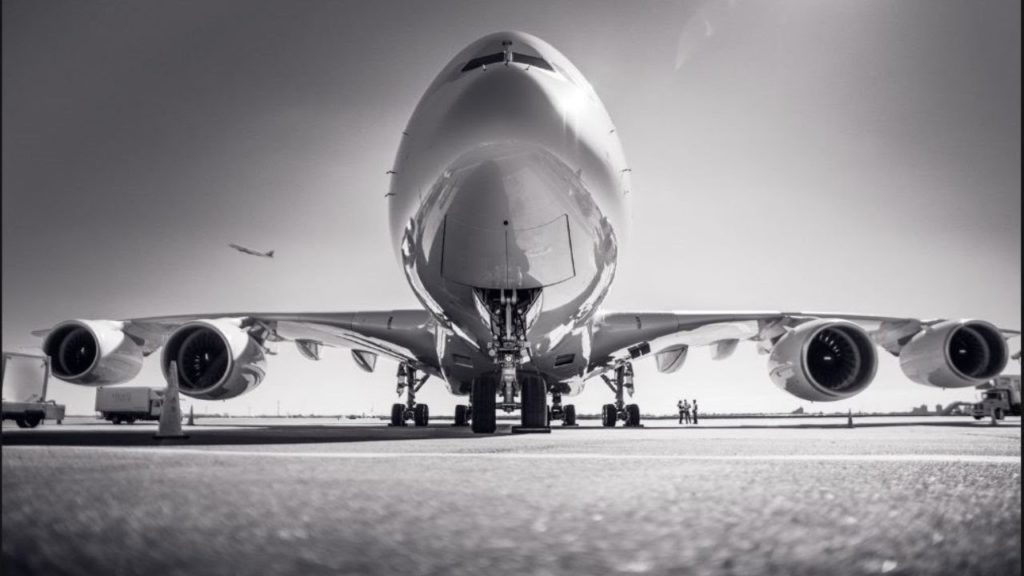Crisil projects that by fiscal 2028, Indian airlines’ share of foreign passenger traffic will have increased from 43% in fiscal 2024 to almost 50%.
This 700 basis point (bps) increase will be fueled by new routes, direct flights to important destinations, and fleet expansion.

Indian Airlines’ Share of Foreign Passenger Traffic To Increase
It is anticipated that Indian carriers will increase the number of planes they operate and broaden their foreign route networks.
The innate benefit of having better local connectivity than foreign airlines will help Indian airlines expand their international passenger base.
Crisil emphasizes that if Indian carriers gain a larger portion of international traffic—which is more profitable than the domestic market—their business profiles will get stronger.
From a low of 10 million in the pandemic-hit fiscal year 2021, India’s international passenger traffic jumped to over 70 million in the following fiscal year. This expansion outpaced the pre-pandemic level, and since fiscal 2020, Indian airlines have seen an increase in their share.
Indians’ predisposition towards leisure travel abroad has increased as a result of the post-pandemic shift in spending patterns. The growth of international travel is being driven by factors including increased disposable incomes, relaxed visa procedures, and improved air travel connectivity.
Inward Travel To Result More From Government’s Focus
It is anticipated that more inward travel will result from the government’s focus on positioning India as a tourism center. For the following four fiscal years, Crisil projects a compound annual growth rate (CAGR) in international passenger traffic of 10–11%.
This growth is in contrast to the four years prior to the pandemic, when there was a 5% CAGR. The strategic goal of Indian airlines is to take a sizable chunk of the increase in foreign passenger traffic.
Over the previous 15 months, they have introduced 55 new foreign routes, concentrating on long-haul destinations. These routes cut down on flight time and do away with layovers, connecting popular locations in the US, Europe, and Australia.
Indian airlines are also becoming more prevalent on international short- and medium-haul routes. Through codeshare agreements with major international airlines, Indian carriers provide passengers with onward connectivity.
Crisil emphasizes that Indian airlines are naturally better suited to draw a bigger portion of the nation’s foreign passenger business. Having end-to-end international connectivity from Tier 2 and Tier 3 cities is one of these benefits, along with better domestic connectivity.
India is positioned as a potential center for international travel because of its geographic location, which facilitates flight connections between Europe, the Middle East, Africa, and the Asia Pacific area.












